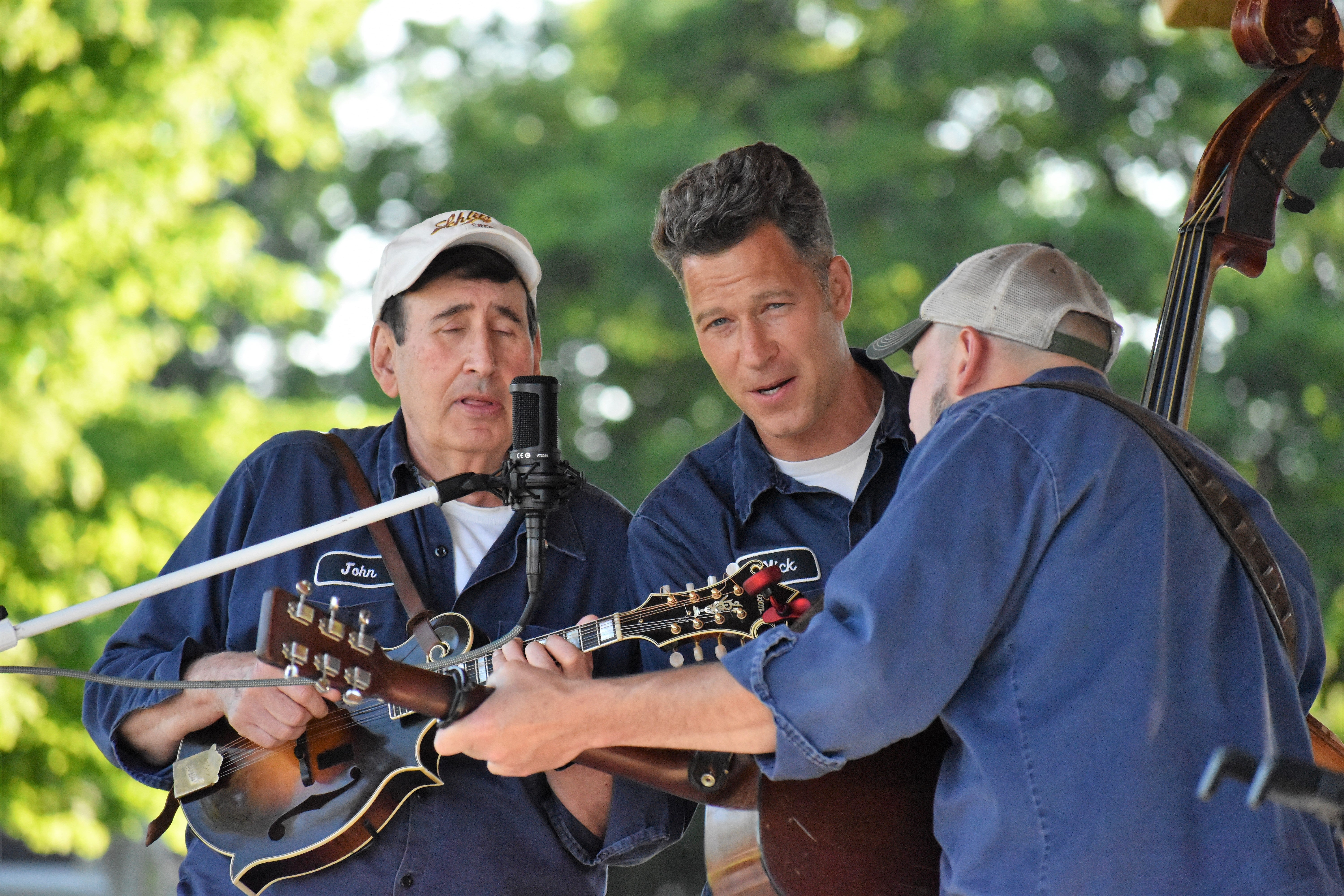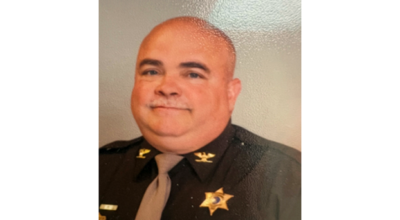Local recalls experiences teaching children, one classroom (and country) at a time
Published 8:00 am Friday, February 27, 2015

Carl Hopman, a longtime southwest Michigan resident, spent his life traveling the world, serving others through the Peace Corps. Hopman passed away Feb. 21, 2015. (Submitted photo)
Earlier this week, one of southwest Michgian’s most well-traveled educators passed away.
Frederick Carl Hopman Jr. died on Saturday, Feb. 21, 2015, at The Timbers of Cass County, where he had lived the last several years. He was 78 years old.
Prior to his death, Leader Publications interviewed Hopman about his life and his decades of service to education, from here in southwest Michigan to his multiple trips overseas with the Peace Corps. What follows is that story.
Electricity. Running water. Heating.
Most Americans take these things for granted as elements that are present no matter what home they live or visit, what school they attend or what business they work at.
For Fred Hopman, nearly 10 years of work in developing nations gave him a great appreciation for these modern amenities, even 30 years removed from his travels.
A longtime resident of the Sister Lakes area, Hopman spent three different stints in Africa and South America during the 1980s, helping to bolster the education of children during his career with the Peace Corps. These were on top of his other journeys across the globe, where he has seen sights ranging from the Great Wall of China to Mount Kilimanjaro in Tanzania.
“I’ve been to six of the seven continents,” Hopman said. “Antarctica is only one I’ve never been to.”
Not to shabby of an achievement for an elementary school teacher from America’s heartland.
Hopman is a native of Hammond, Indiana, where he went to high school, though he spent summers in Dowagiac with parents at their cottage on Magician Lake. After graduating he attended the Indiana University and the University of Wyoming, where he got his degree in teaching.
Once he received his degree he enlisted in the Army, serving as an MP at Fort Carson in Colorado from 1958 to 1960.
“It was a good time to serve,” Hopman said. “It was five years after they stopped fighting in Korea, and when I got out it was five years before the fighting escalated in Vietnam.”
After leaving the Army, he began his career in education, a field which he devoted himself to in one form or another until his retirement decades later. Focusing the elementary level, Hopman kept his charges quite busy, giving them intense and interactive tests and assignments focused on discovery, not just lecture.
“You don’t tell them the answers, they have to find the answers themselves,” Hopman said. “They have to work them, they have to learn to think for themselves.”
Hopman received his first taste of travel after quitting his teaching job in Riverton, Wyoming. He signed for an international travel program with the National Education Association, which booked him for a two-year assignment teaching English to students in the Marshall Islands from 1965 to 1967.
Living in radically different culture was quite a shock to the system, Hopman said. Besides the very hot and humid climate, the country survived mainly on imports, so the purchase of many essentials had to be planned out, often months in advance.
“One time, myself and the fellow I lived with ordered $400 worth of meat from Guam,” Hopman said. “It came by ship, and the crew had put it in the chill compartment instead of the freezer. You never saw two men cry like that before, as we had to throw it all away.”
After returning to the states, Hopman resumed his teaching career, working in various districts in Wyoming throughout the 70s, while vacationing in countries around the globe.
In 1977, he decided to combine his passion for teaching and travel on permanent basis, enlisting in the Peace Corps. A year later, he was sent out to his first assignment in Lesotho, a landlocked country inside the borders of South Africa, where he was stationed for two years. His assignment: to teach, not the children, but the educators working there.
“In Lesotho, before they got their independence, it was a British colony,” he said. “The British would say, ‘you, you, you, you’re teachers, go out and teach.’ So I worked with the National English Training College to teach them.”
Hopman would serve two other tours of duty in South America during his time with the Peace Corps, living in Paraguay from 1982-1985 and in Belize from 85-87.
While the service taught him the basics of Spanish and about the cultures and traditions that awaited him, nothing could prepare him for the hardships that came with transitioning from living in the industrialized U.S. to the developing nations he taught in.
“I was living at 7,000 foot altitude in the Drakensberg mountains [in Lesotho],” Hopman said. “It would be cold at night. I usually slept under eight blankets in the winter time.”
After returning home from Belize, Hopman was preparing to serve yet another tour overseas when his father, who was now residing permanently in Sister Lakes, took ill. The teacher moved to the area to take care of him, putting an end to his globetrotting days.
Hopman spent the next 15 years as substitute teacher at Dowagiac Union Schools, working mainly in elementary classrooms before retiring in 2003. He moved from of his family’s Sister Lakes cottage to Cassopolis in 2008, and later became a resident of the Timbers of Cass County in 2012, where he continues to reside today.
While the sights and sounds of the places he traveled will always stick with him, the fondest memories he has of time in the Peace Corps is of the people he met, who embraced him as one of their neighbors.
“One time, in Lesotho, I was getting a ride back to my house in a pickup truck,” Hopman said. “I was wearing a straw hat at the time, and it blew off, and we just left it there. Four hours later, I got a knock on my door, and when I answered it, a native was standing there holding my hat and said ‘here’s your hat, Mr. Fred.’ He walked about four miles. He was going home the other way, found the hat, knew who’s it was, and came back and brought it to me.”






